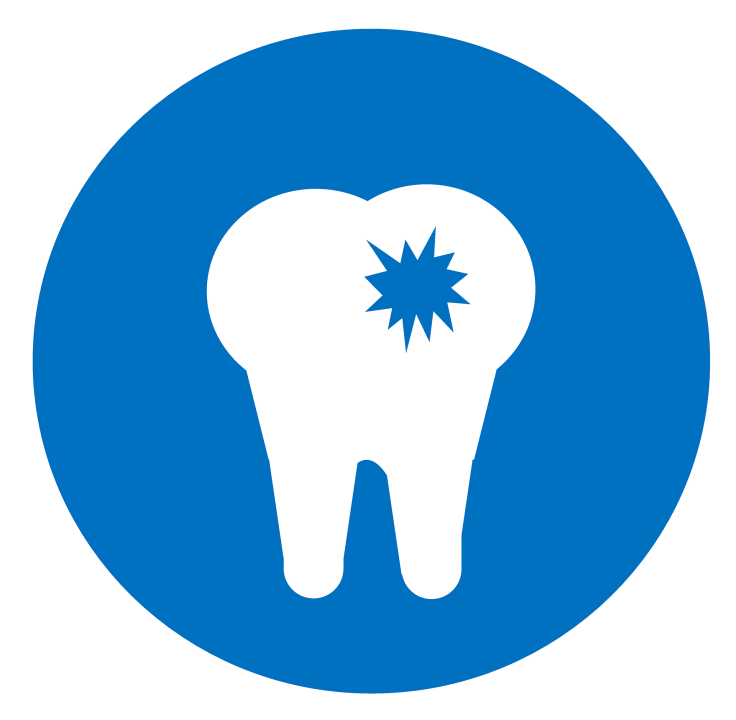This Chemical Present in Drinking Water Can Cause Dental Caries In Children Aged 3-11

KEY POINTS
- >42% of kids aged 3-11 have dental caries
- Perfluorodecanoic acid present in drinking water can cause cavities
- Kids should brush their teeth at least twice a day to prevent caries
About 42% of kids aged 3-11 have cavities in their primary teeth. Several factors including bacteria, food, acid, and saliva are responsible for the formation of plaque. Over time, the bacteria secrete acids which might disrupt the tooth enamel and lead to cavities. But new research pointed out that a higher concentration of a particular chemical in the blood can also be causing dental caries.
Perfluorodecanoic acid and other chemical groups including perfluoroalkyl and polyfluoroalkyl substances exist as a result of extensive manufacturing and use. Although these substances are no longer used to make products including carpet, cardboard or nonstick cookware, they are still present in the environment.
A study published in the Journal of Public Health Dentistry investigated whether higher concentrations of PFAs were linked to tooth decay in kids. Their findings suggested that perfluorodecanoic acid, in particular, was associated with tooth caries.
"Due to the strong chemical bonds of PFAS, it is difficult for them to breakdown, which makes them more likely to be persistent within the environment, especially in drinking water systems," MedicalXpress quoted the study’s lead researcher Christopher Waters as saying. "A majority of people may not be aware that they are using water and other products that contain PFAS," he added.
The study included 629 children in the age group 3-11 who took part in the National Health and Nutrition Survey. Their blood samples were analyzed for PFAS. They also assessed the children’s details such as their race, BMI and if they practiced dental hygiene.
Amongst the seven different PFAS, perfluorodecanoic acid was the one compound that was associated with higher levels of tooth decay. It has a long molecular structure with strong chemical bonds which means that it exists in the environment and causes health consequences including dental caries.
The researchers opine that perfluorodecanoic acid might disrupt the healthy development of enamel which is what makes teeth hard- disrupting that can leave teeth prone to decay. However, the mechanism of action of this particular compound needs to be investigated further.
The study also found that kids who brushed once a day or less had significantly higher levels of tooth caries compared to those who brushed at least twice every day.
Even though parents cannot control the compound’s presence in drinking water, they can help protect their children’s teeth by fostering thorough dental hygiene practices including regular brush and scheduling appointments with their dentists.
© Copyright IBTimes 2024. All rights reserved.






















